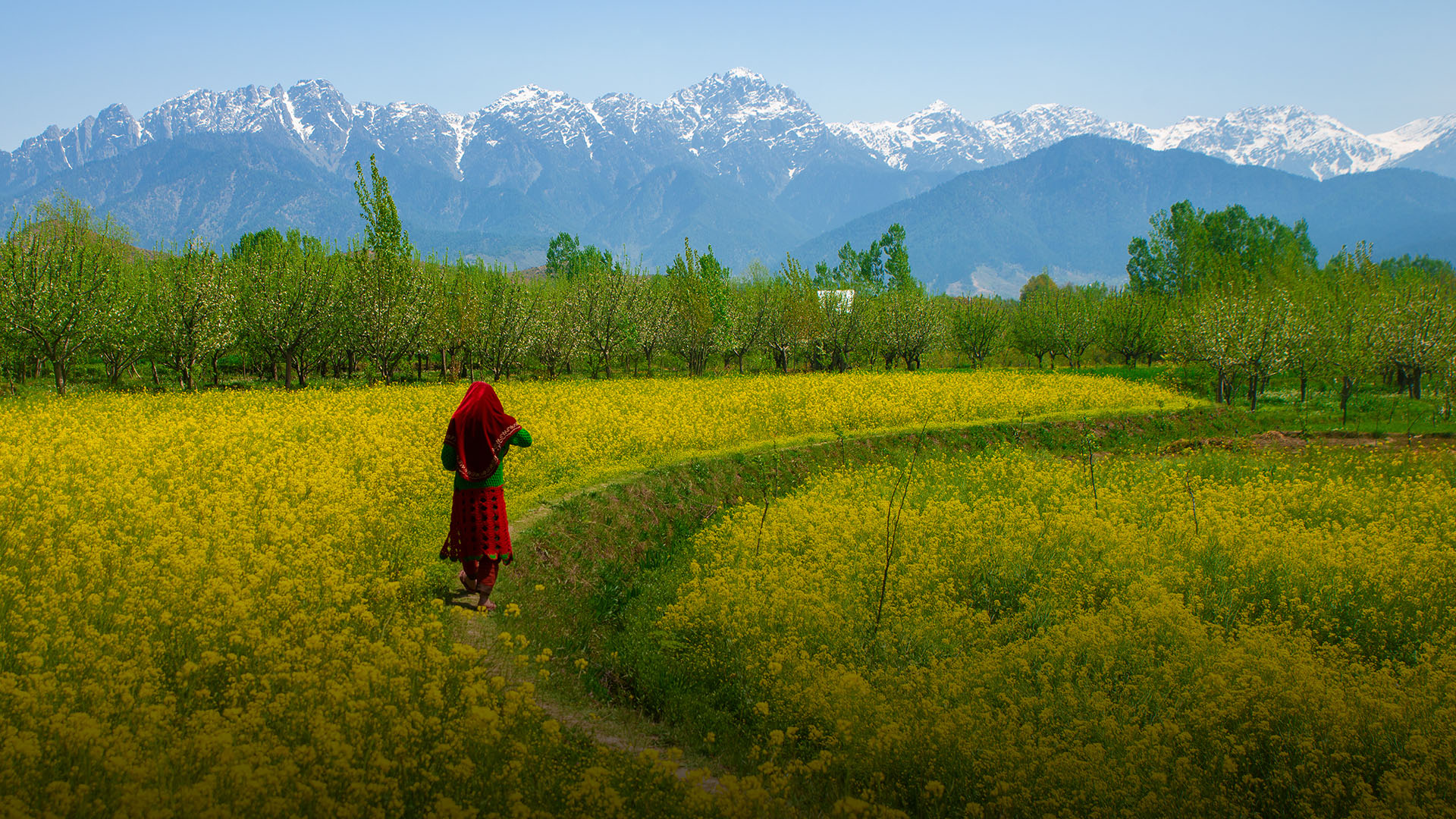World Challenge partners are demonstrating God’s care to local farmers in India by helping them protect themselves and their land through education.
Aarav* is part of an agricultural community in the heartland of India. Many of his neighbors grow food crops, but Aarav cultivates flowers to sell.
One common practice in the community is accepting government insecticides and fertilizers. India’s government subsidizes agrochemicals for farmers but has few quality checks on the products they hand out. Many of them ultimately strip the soil worse than if the plants had been left unfertilized while others can cause cancer if they leech into the local water sources.
Very little information is offered to local farmers about what chemicals they’re being given and told to put on their crops.
All of that soon began to change for Aarav and his community.
Learning the Whole Truth
In addition to his business, Aarav is a member of the church and works as the treasurer for the service health committee in his town. When two World Challenge trainers arrived in town, he was interested to learn more about the agricultural training that they offered.
“Early on, we used many chemicals in agriculture; pesticides and other types of harmful fertilizers were used to maximize production, but we didn’t know how bad their effects were,” Aarav explained.
The two trainers began explaining how the government’s agrochemicals were toxic both to the land and people.
Naturally, many of those at these trainings were shocked and upset. Their business was cultivating the earth, and they took pride in providing good vegetables and fruit for markets to sell. Working together with World Challenge’s trainers, they began the process of changing farming practices to use only organic fertilizers. The trainers warned them, though, that the transition would cause their production to wane temporarily while the ground recovered and its nutrient balance was restored.
Over the last two years, Aarav has reported seeing tremendous changes in his own flower fields and in nearby farms. “We have just seen the wheat crop, and our wheat is much better than other farmers; its ears are longer, and the plants appear stronger than on the farms in other nearby areas.”
He and several others sat down and crunched the numbers for their farms’ old fertilizer and pesticide costs. Even subsidized by the government, the costs were still noteworthy, especially when compared to using manure and composting methods.
Not only was the organic farming helping their land become healthy again, but it was also cutting costs.
The Heart in Their Labor
Aarav and others began contacting neighboring farmers and showing them the disparity between chemical and organic farming.
“The farmers came and witnessed this difference,” Aarav explained. “There are many benefits in organic farming through which our local farmers can make their lives even better. The land which God has given us to care for is a very good thing, but we have been destroying it.”
Looking at all of the beneficial aspects of organic farming, he concluded, “We will be happier; we will be healthier, and our Lord will be pleased because we are not destroying the world but caring it. We will always pray that this service spreads throughout the world, that people should know the love of God and adopt a healthy life.”
Some might be tempted to look at Aarav’s business as a flower cultivator and question how he could really be working for God’s kingdom. Through his labor and dedication to his community, though, he is helping neighbors know the Lord’s care and concern for every aspect of their work.
*Not real name. For our ministry partners’ security, we don’t release names or locations in highly sensitive areas.
